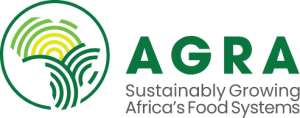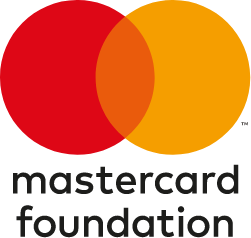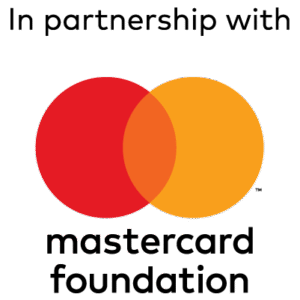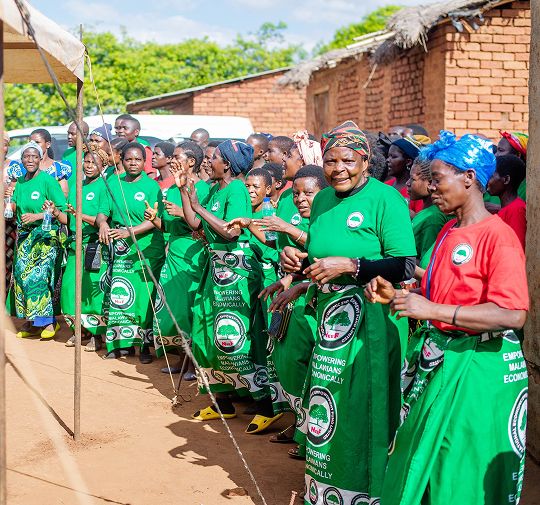Under the YEFFA Program, with the support of the Farmers Union of Malawi (FUM), Msozi Cooperative received comprehensive training in Good Agricultural Practices (GAP), climate-resilient farming, and market-oriented production, directly contributing to improved productivity and increased work opportunities.
Alick Dura, the Cooperative Secretary of Msozi Cooperative, says, “When we were just a club, we didn’t know about market prices or improved seeds.”

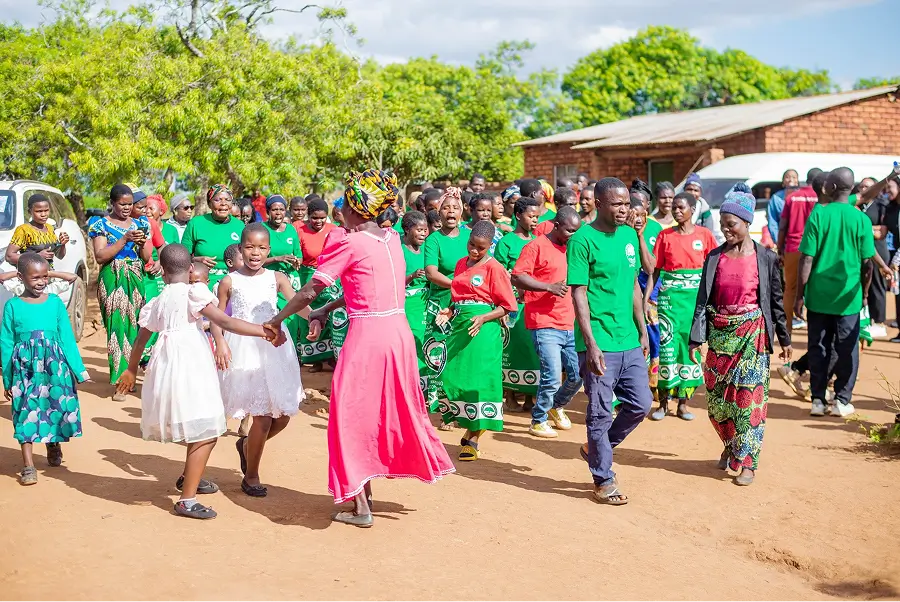
In the 2023–2024 farming season, Msozi harvested 10 metric tons of maize. Just one year later, that number jumped to 15 metric tons, alongside 302 bags of groundnuts.
With groundnuts fetching K2,000 ($1) per kilogram on the market, the cooperative is expecting over K30 million ($15,000) in revenue this season alone. Many governments have recognised the causes of the poverty trap, but have not done enough to remove the obstacles facing women.
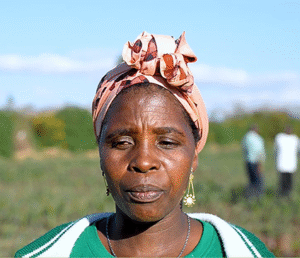
Nifah Samalani, Vice Chairperson of the Msozi Cooperative, says the Yeffa initiative has had the biggest impact on her self-worth and her daughter’s future.
“Before, many girls remained at home due to financial hardships. Currently, our daughters are resuming their education. Incidents of early pregnancies have decreased. This project is akin to a parental figure to us.”
The YEFFA Foundation has done more for female farmers than just providing them with resources; they’re helping them understand their circumstances and choose the best solutions for themselves and their families.
“Before this program, I sold my produce for whatever price I could get. Most days, it wasn’t enough,” she says. “Now, I have steady buyers, better prices, and a sense of control. I can pay my daughter’s school fees MWK 240,000 a term, without panic. Even if my husband marries another wife, I won’t cry or worry, because I have everything I need to sustain my daily livelihood.”
Just two years ago, Msozi was little more than an informal gathering of farmers, trying to make ends meet with no real say in the market. Today, its a registered cooperative with 114 members, 50 men and 64 women, growing maize, soybeans, cassava, and groundnuts.
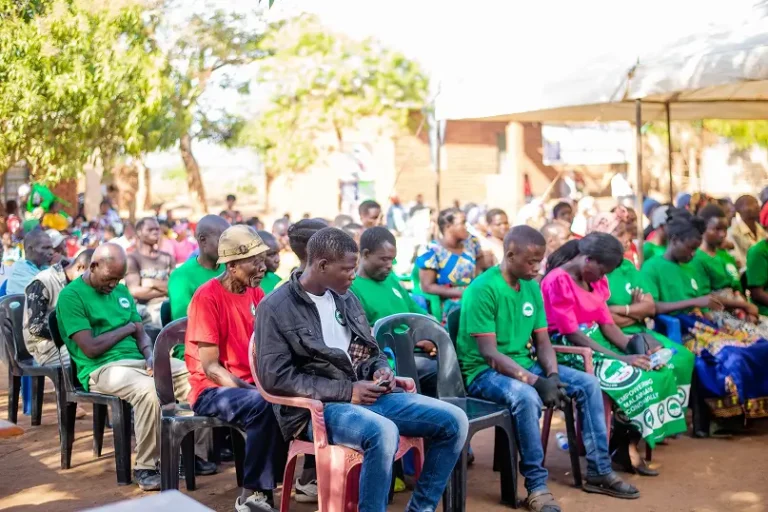
The cooperative also requested support to build a proper warehouse to store their harvest, giving them greater leverage to negotiate better prices
Smart development engages beneficiaries before the problems and their solutions are chosen. Anything else is an experiment with the lives of the people we are trying to help.
During the same meeting, Sarah Kachedwa confidently represented Kabudula Cooperative in bilateral talks with Sunseed Oil Company Limited, one of the largest soya offtakers in Malawi. From this meeting, Kabudula Cooperative secured a commitment to supply 400 metric tons of soybeans and 550 metric tons of maize in the 2024/2025 season — an unprecedented achievement for the group.
By adopting sustainable policies and improving market linkages, we empower rural women farmers on issues of food security, economic justice, and social equity, ultimately unlocking the full potential of Africa’s agricultural economy.

